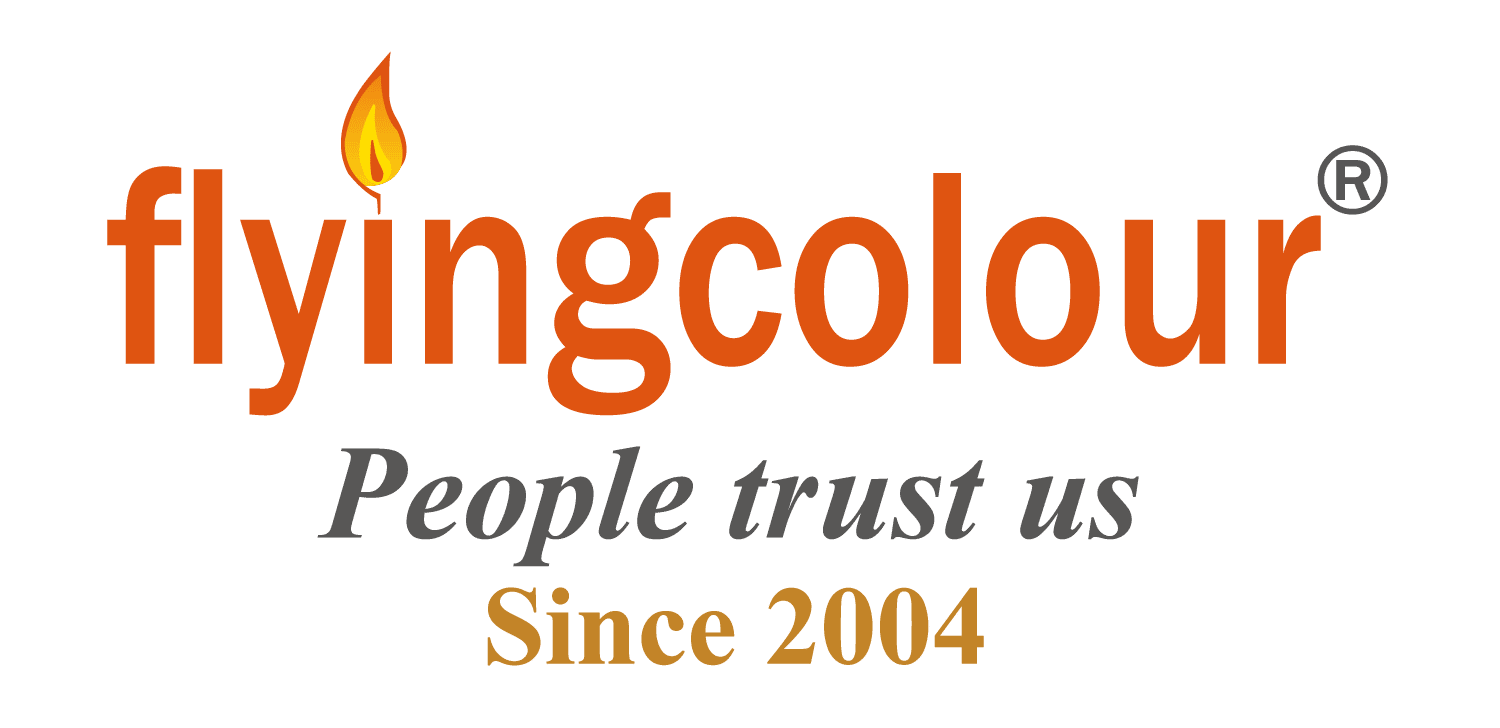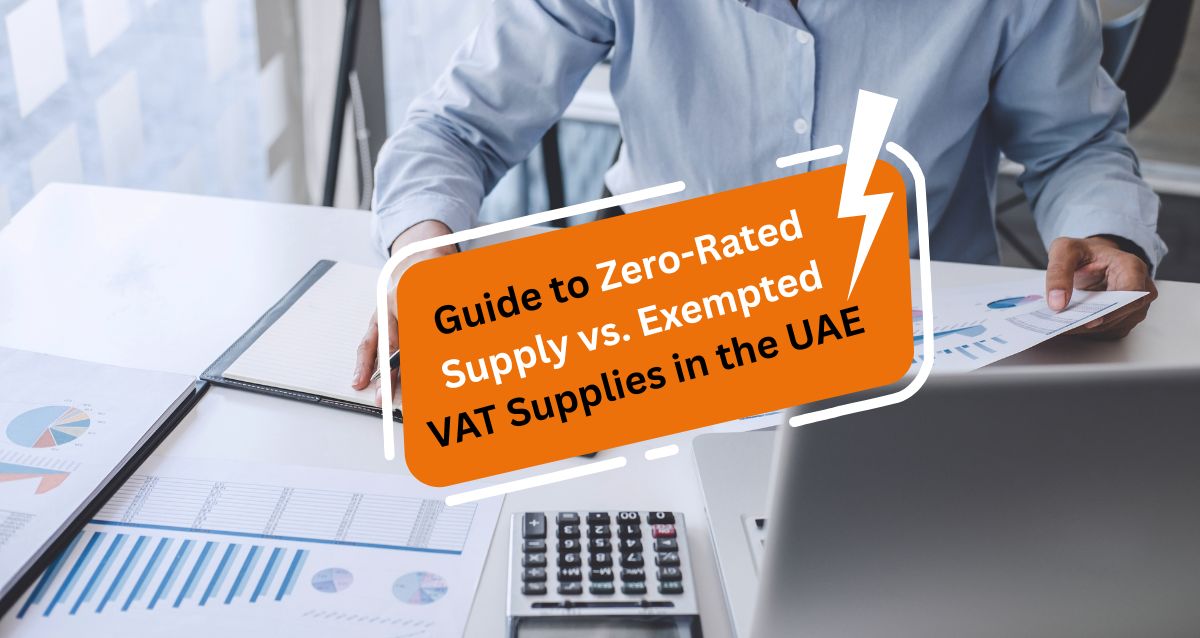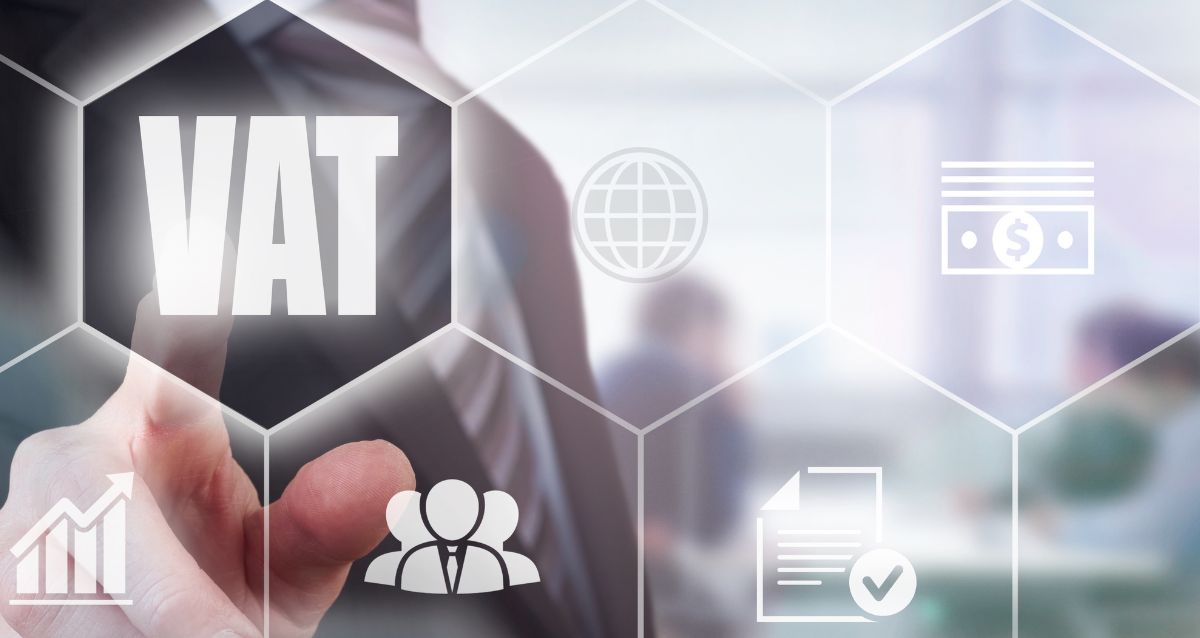Zero-Rated Supply vs. Exempted VAT Supplies in the UAE
Since the introduction of Value Added Tax (VAT) in the United Arab Emirates in 2018, businesses have been required to understand the differences between various VAT categories to ensure accurate reporting and compliance. Among the most commonly misunderstood areas are zero-rated supplies and exempted supplies. These categories have a significant impact on how businesses charge VAT, recover input tax, and maintain compliance with the UAE Federal Tax Authority (FTA) regulations.
Whether you operate in healthcare, education, logistics, financial services, or export-based industries, knowing the distinctions between zero-rated supply and exempt goods or services is essential. Essential items such as basic foodstuffs, children's clothing, and educational materials, as well as supplies in specific sectors like healthcare and education, are often zero-rated or exempt under UAE VAT law. This complete guide breaks down both categories, compares them in practical terms, and explains how the UAE VAT system treats each type.
Applying the correct VAT treatment to these items and sectors is crucial for compliance, accurate VAT recovery, and avoiding penalties.
Understanding VAT in the UAE
VAT is applied at a standard rate of 5% on most goods and services. However, not all transactions are taxed the same way. Some items fall under the zero-rated category, while others are exempt. The challenge for many businesses-including those from the U.S. expanding into Dubai-is determining which classification applies. Taxable turnover includes both standard and zero-rated items, and understanding which supplies are taxable supplies is crucial for VAT registration and compliance.
Correct categorisation not only avoids penalties but also ensures businesses maximise their allowable input VAT recovery. Applying the correct VAT treatment and understanding the difference between VAT exemptions and VAT exclusions are essential for compliance and effective VAT management.
What Is a Zero-Rated Supply?
A zero-rated supply refers to goods or services that are taxable but at a VAT rate of 0%. Zero-rated VAT applies to specific goods and services, and the zero rate is set by law for these supplies. Although sellers do not charge VAT to customers, they are still considered VAT-registered suppliers and must include the transactions in their VAT return. Zero rating allows businesses to reclaim input VAT while charging 0% to customers.
The main advantage of zero-rated supplies is that businesses can recover input tax on associated expenses. Examples of zero-rated goods and services that qualify include basic food items, medical products, and certain exports.
Examples of Zero-Rated Supplies in the UAE
The UAE VAT law identifies several categories as zero-rated:
-
Export of goods and services outside the GCC
-
International transportation of passengers and goods
-
Educational services meeting specific criteria
-
Healthcare services that qualify under the regulations
-
First supply of residential properties within 3 years of completion
-
Supply of certain precious metals
-
Supply of air/sea vessels and related parts
-
Supply of basic foodstuffs and food items (excluding hot takeaway food, which is not typically zero-rated)
-
Supply of educational materials such as textbooks and learning resources
These categories are typically zero-rated under UAE VAT law, meaning that businesses can reclaim VAT on related expenses. It is important to note that while basic foodstuffs and educational materials are zero-rated, hot takeaway food is not always zero-rated and may be subject to standard VAT. These categories are part of what businesses commonly refer to when searching for VAT-exempt and zero-rated distinctions.
Characteristics of Zero-Rated Supplies
✓ Taxable but at 0%
Zero-rated supplies are considered a taxable supply, meaning they are included in taxable turnover and allow for VAT recovery, unlike an exempt supply, which is not taxable and is excluded from taxable turnover.
✓ Input Tax Recovery Allowed
Businesses can reclaim VAT paid on expenses related to zero-rated activities. Businesses can also recover VAT incurred on purchases and expenses that are directly connected to their zero-rated activities.
✓ Must Report in VAT Return
These supplies appear in Box 2 or the relevant section of the VAT return form.
When reporting zero-rated supplies, businesses must determine how much VAT to reclaim for VAT purposes, ensuring accurate records are kept for both taxable and exempt transactions.
✓ Requires Documentation
Zero-rated supplies must be supported by evidence, such as:
-
Export documentation
-
Shipping records
-
Licensing certificates
-
Compliance documents
Maintaining accurate records is essential to satisfy tax authorities during audits or inspections, as they require clear documentation to verify zero-rated transactions and ensure compliance.
What Are Exempted Supplies?
Exempt supplies are not taxable, and suppliers cannot charge customers any VAT. Exempt items and VAT-exempt items include certain essential goods and services that are exempt from VAT, such as some essential goods, financial services, and education services.
Unlike zero-rated supplies, businesses involved in exempt supplies cannot recover input VAT on purchases related to exempt activities. Services exempt from VAT, such as certain financial and education services, are not subject to VAT exemption rules, which affects the ability to recover VAT on related expenses.
Businesses selling goods or making exempt sales must understand the implications of VAT exemption for compliance and VAT recovery.
This is the primary difference between zero-rated supplies and exempt transactions.
Examples of Exempt Supplies in the UAE
The UAE FTA considers certain sectors exempt by law:
-
Local passenger transportation (e.g., taxis, buses, metro)
-
Residential property leases
-
Bare land
-
Financial services not earning explicit fees (e.g., interest)
-
Certain life insurance products
-
Education services and certain medical products are classified as services exempt from VAT.
These are examples of exempt supply, which are not subject to VAT and do not allow for VAT recovery on related expenses, unlike zero-rated supply, which is taxed at 0% but still allows VAT recovery.
A business that only makes exempt supplies is not allowed to register for VAT, while businesses making zero-rated supplies must register if they cross the threshold.
Characteristics of Exempt Supplies
✓ Not Taxable
Suppliers cannot charge VAT on exempt goods or services.
Exempt supplies are not included in taxable turnover for VAT purposes.
✓ Input Tax Recovery Not Allowed
If related solely to exempt activities, VAT on expenses is not recoverable. This means that businesses cannot recover VAT incurred on expenses related to exempt activities.
✓ Limited VAT Obligations
Businesses may not need VAT registration at all if they only engage in exempt activities.
Businesses engaged solely in exempt activities benefit from VAT exemption, meaning they are generally not required to register for VAT.
✓ Reporting Requirements Differ
Exempt supplies are disclosed in the VAT return but treated differently from taxable supplies.
When preparing VAT returns, businesses must distinguish between taxable, zero-rated, and exempt sales to ensure accurate reporting and compliance.
Key Differences Between Zero-Rated and Exempt Supplies
The terms VAT-exempt and zero-rated often confuse business owners because both result in no VAT charged to the customer. However, they differ significantly in tax reporting and input VAT recovery.
| Feature | Zero-Rated Supplies | Exempted Supplies |
|---|---|---|
| VAT Rate | 0% | 0% |
| Taxable? | Yes | No |
| Input VAT Recovery | Allowed | Not allowed |
| VAT Registration | Required if threshold met | Not mandatory |
| VAT Return Reporting | Included as taxable | Included as exempt |
Specific VAT rules govern the classification of certain supplies, such as food and medical products, as zero-rated or exempt. Applying the correct VAT treatment to these supplies is essential to ensure compliance, optimise cash flow, and maximise VAT recovery.
Understanding these differences helps businesses structure operations more efficiently and avoid misclassification penalties.
Why the Difference Matters for Businesses
1. Cash Flow Impact
Businesses dealing with zero-rated supply can recover VAT on expenses, improving cash flow. Zero rating of essential goods helps businesses improve cash flow by allowing VAT recovery on related expenses. Exempt businesses must absorb VAT costs.
2. Compliance Requirements
Zero-rated companies must maintain export evidence, international transport documents, or sector-specific certifications.
It is essential to ensure compliance with VAT regulations and apply the correct VAT treatment to all supplies to avoid penalties and legal issues.
3. VAT Registration Obligations
Businesses involved in zero-rated supplies may need to register even if revenue is below the standard threshold, while exempt businesses may not.
Businesses must monitor their taxable turnover, including zero-rated supplies, to determine if they meet the VAT registration obligations.
4. Pricing and Profitability
Input VAT recovery influences overall operational costs, impacting pricing strategies. Correct VAT treatment of supplies, such as distinguishing between zero-rated and exempt supplies, directly affects pricing strategies and overall profitability.
5. Audit Preparedness
The UAE FTA actively audits companies, making accurate classification essential. Maintaining accurate records is crucial for satisfying tax authorities during audits, as they require detailed documentation to verify zero-rated VAT transactions and ensure compliance.
Examples to Understand Zero-Rated vs Exempt Supplies
Example 1: Export Business (Zero-Rated)
A company exporting electronics from Dubai to the U.S. charges 0% VAT, but RECOVERS VAT paid on logistics, storage, and operational expenses.
Businesses selling goods for export must include these transactions in their VAT returns to ensure they can reclaim input VAT.
Example 2: Local Passenger Transport (Exempt)
A UAE taxi company charges no VAT. Local passenger transport is classified as a service exempt from VAT, which means the company cannot recover input VAT on related expenses. As a result, the company CANNOT recover VAT paid on fuel, car purchases, or maintenance.
Example 3: Healthcare Services (Zero-Rated)
A clinic providing qualified medical services charges 0% VAT and can recover VAT on medical supplies.
Qualified healthcare services may also include the supply of medical products, which are similarly zero-rated.
Example 4: Residential Leasing (Exempt)
A landlord leasing residential apartments does not charge VAT, but cannot recover VAT on property-related expenses.
Residential leases are considered exempt items under UAE VAT law, meaning that while no VAT is charged on rent, landlords are also unable to recover input VAT on related costs.
Common Misconceptions About Zero-Rated and Exempt Supplies
Misconception 1: Both are the same
Incorrect. Zero-rated supplies are taxable at 0%, while exempt supplies are non-taxable.
Zero-rated supplies are considered a type of taxable supply, meaning they are included in your taxable turnover and allow for input VAT recovery. In contrast, exempt supply refers to goods or services that are not taxable supplies and are excluded from VAT calculations entirely.
Misconception 2: No VAT means no documentation
Zero-rated supply requires substantial documentation to justify the 0% rate. Maintaining accurate records is required by tax authorities to substantiate zero-rated transactions and ensure compliance.
Misconception 3: All financial services are exempt
Only services without explicit fees are exempt. Only certain financial services are classified as services exempt from VAT, meaning they are not subject to VAT and businesses cannot recover VAT on related expenses. Others may be taxable.
Misconception 4: Residential services are always exempt
Only leases are exempt; the first supply of residential property is zero-rated.
It is important to note that only specific residential leases are considered exempt items, while other supplies, such as the first supply of a new residential property, may be zero-rated.

Practical Tips for UAE Businesses
1. Maintain Clear Documentation
Export and international transport evidence is vital. Accurate records are required by tax authorities to verify zero-rated transactions.
2. Classify Supplies Correctly
Misclassification can result in penalties or disallowed input tax claims.
It is crucial to apply the correct VAT treatment and follow specific VAT rules when classifying supplies, as these regulations determine whether items are zero-rated, exempt, or standard-rated, directly impacting compliance and tax liability.
3. Seek Professional VAT Guidance
VAT regulations evolve regularly in the UAE. Professional advice can help businesses navigate VAT exemptions and zero rating to optimise tax recovery.
4. Conduct Regular VAT Reviews
This ensures compliance and prepares you for potential FTA audits.
Regular VAT reviews help ensure compliance with VAT regulations and support the maintenance of accurate records, which are essential for substantiating zero-rated VAT transactions and facilitating audits.
5. Track Mixed Supplies Carefully
If your business deals in both zero-rated and exempt supplies, input tax apportionment rules apply.
Businesses must track taxable turnover from all supply types—including standard, zero-rated, and exempt supplies—to comply with VAT regulations.
Conclusion
Understanding the difference between zero-rated supply and exempt goods or services is crucial for all UAE businesses. While both result in no VAT charged to customers, their compliance requirements, tax implications, and input VAT recovery outcomes differ significantly. Correct tax classification prevents FTA penalties and improves operational efficiency.
How Can Flyingcolour Tax Consultant Help You?
Flyingcolour Tax Consultant provides comprehensive VAT advisory services in the UAE, helping businesses correctly classify transactions, prepare documentation, and ensure full compliance with FTA laws. Their experts offer:
-
VAT registration and filing support
-
Guidance on zero-rated supplies vs. exempt supplies
-
Documentation and report preparation
-
FTA audit assistance
-
Input tax optimisation strategies
-
Compliance reviews for mixed-supply businesses
With years of experience supporting both local and international companies, Flyingcolour Tax and Consultant ensures accuracy, compliance, and smooth operations within the UAE VAT system.
FAQs
1. What is the difference between zero-rated and exempt supplies in the UAE?
Zero-rated supplies are taxable at 0% and allow input VAT recovery, while exempt supplies are non-taxable and do not allow input VAT recovery.
Zero-rated supplies are considered a type of taxable supply, meaning they are included in taxable turnover and subject to VAT rules, even though the rate is 0%. In contrast, exempt supplies are not taxable supplies and are excluded from VAT calculations entirely.
2. Do U.S. companies operating in Dubai need to understand zero-rated supply rules?
Yes. U.S. businesses exporting goods, offering international services, or handling logistics must comply with UAE VAT rules to avoid penalties. UK businesses and U.S. companies alike must file accurate VAT returns when operating in the UAE to ensure compliance with zero-rated supply rules and proper VAT management.
3. Can companies claim input VAT on zero-rated supplies?
Yes. One of the main benefits of zero-rated supplies is that input VAT is fully recoverable. Zero-rated items benefit from zero rating, which allows businesses to reclaim all input VAT incurred on related purchases.
4. Are real estate transactions zero-rated or exempt?
The first supply of residential property is zero-rated; residential leasing is exempt. Residential leases are considered exempt items, meaning they are not subject to VAT, while the first supply of residential property is zero-rated. Commercial property is usually standard-rated.
5. Why does the UAE classify some supplies as exempt?
Exemptions support sectors like transportation and basic housing, and align with global VAT practices for essential public services.
VAT exemption is often applied to essential goods and essential items, such as basic food, healthcare, and education services, to support affordability and access for consumers.
To learn more about A Complete Guide to Zero-Rated Supply vs. Exempted VAT Supplies in the UAE, book a free consultation with one of the Flyingcolour team advisors.
Disclaimer: The information provided in this blog is based on our understanding of current tax laws and regulations. It is intended for general informational purposes only and does not constitute professional tax advice, consultation, or representation. The author and publisher are not responsible for any errors or omissions, or for any actions taken based on the information contained in this blog.



